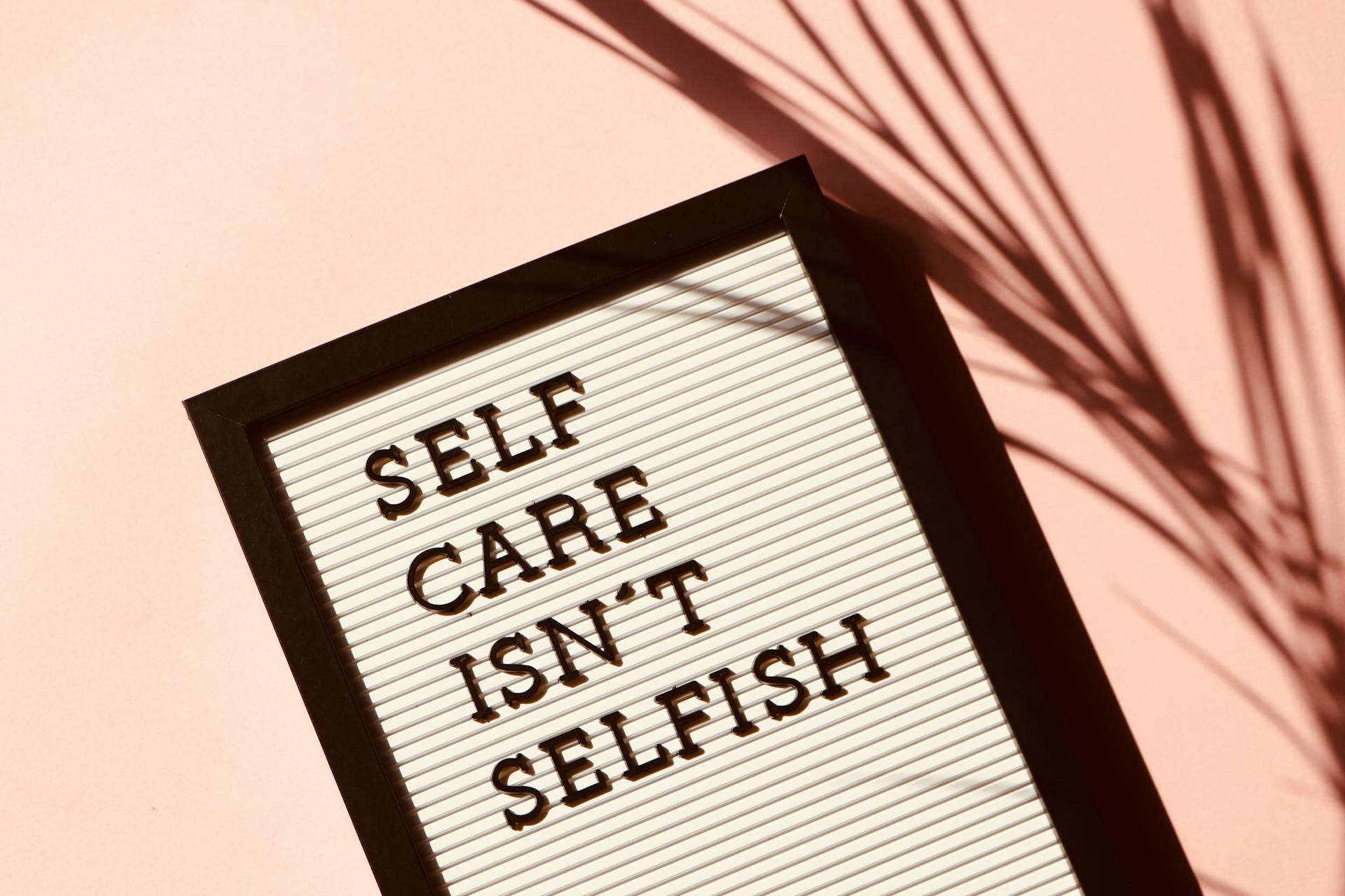

With the evolution of the workforce, employee expectations and needs are also evolving rapidly. Specifically, born roughly between 1997 and 2012, Gen Z brings a fresh perspective to work-life balance, mental health, and career purpose.
In addition, this generation is more likely to openly discuss mental health challenges and request time off to take care of themselves. Suffice it to say that for an effective workplace environment, employers must understand these requests and respond effectively to them.
Understanding Gen Z and Mental Health
Gen Z is experiencing a mental health crisis. Compared to older generations, they have the poorest mental health. This trend is likely a combination of increased world and workplace stress, awareness, and the reduced stigma of mental stress issues.
Stress levels among Gen Z are raised by unique challenges such as:
- Mass shooting fears. The prevalence of school shootings has created fear and anxiety.
- Increased screen time and isolation. Burnout and loneliness can result from excessive digital engagement.
- Financial pressures. Housing costs and student debt are significant economic challenges.
- Climate change anxiety. Environmental concerns contribute to stress.
- Social media pressures. Online comparisons can negatively impact one’s self-esteem.
- Social media toxicity. Unrealistic beauty standards, cyberbullying, and harmful content can harm mental health.
In light of this, it comes as no surprise that Harmony Healthcare IT found that 61% of Gen Z suffer from anxiety disorders. Additionally, University College London research found that Gen Z had a poorer body image, skipped sleep, was overweight, and had depression.
At the same time, mental health awareness and stigma are declining, giving Gen Z more power over their well-being. In fact, they’re more likely to acknowledge mental health struggles and seek professional help than all previous generations.
As a result, employers should expect Gen Z employees to ask for more mental health days. It might feel like a challenge, but it’s an opportunity to build a more supportive and compassionate workplace.
The Importance of Mental Health Days
Mental health days are not a luxury; they are a necessity. Mental health days are essential for several reasons:
- Preventing burnout. A regular mental health day can help prevent burnout, characterized by chronic stress, fatigue, and low motivation. In addition to reducing productivity, burnout can increase absenteeism.
- Improving productivity. Taking mental health days helps employees focus and be more productive at work. In addition to recharging employees’ minds, mental health days could offer a much-needed reset.
- Fostering a positive work environment. Positive work cultures can be created when employers support mental health days. As a result, job satisfaction and retention can increase.
- Encouraging openness. In a Deloitte survey conducted in 2024, 56% of Gen Z feel comfortable discussing stress, anxiety, and other mental health challenges with their manager. Stressors included not being recognized at work, long hours, and not having enough time. This can help those struggling with mental health issues get early intervention and support.
How to Respond to Mental Health Day Requests
Responding to an employee’s request for a mental health day requires empathy and understanding. To help you out, here are some time off are some tips:
- Listen actively. Don’t interrupt the employee as they speak; pay full attention to what he or she is saying. Also, take a genuine interest in their well-being.
- Avoid judgment. Don’t question their legitimacy or make assumptions about them.
- Offer support. Let the employee know you support his or her decision and are available to assist if necessary.
- Set clear expectations. Before the employee’s absence, discuss any urgent deadlines or projects.
- Encourage self-care. Identify resources or activities that can help them relax and recharge, such as journaling, deep breathing exercises, or walking in nature. But mostly—some professional advice here—encourage them and keep your yapper shut for the most part.
Creating a Supportive Workplace Culture
In addition to responding to individual requests, fostering a workplace culture that prioritizes mental health is crucial. Among the strategies you might want to consider are:
- Embrace a culture of openness. Employees should be able to discuss their mental health without feeling judged or reprimanded at work. Employees should be encouraged to communicate openly and be provided with resources to seek support.
- Develop a clear mental health policy. Establish guidelines for mental health days to ensure consistency and fairness. Establish a straightforward process for requesting time off and supporting employees.
- Protect privacy. An employee’s mental health day should be respected as a private matter. Taking time off should not include revealing specific details about mental health.
- Provide resources. You can provide employees with resources such as Employee Assistance Programs (EAPs), counseling services, and wellness programs.
- Offer flexible work arrangements. To help employees manage their workload and reduce stress, consider remote work, flexible hours, or compressed workweeks.
- Invest in mental health resources. To help employees with their mental health, you can offer mental health professionals, employee assistance programs (EAPs), and wellness initiatives such as mindfulness training, yoga, or meditation. Occasionally, a chair massage person comes to the office, which has gone well with employees.
- Lead by example. Take time for self-care and discuss your own challenges to demonstrate your commitment to mental health. Several of us have committed to losing weight (and have done it, by the way). We mention gym workouts, walks, and taking better breaks—like, “Hey, I’m taking a couple of turns around the building; who’s with me?”
Maybe the GenZs will help us all live longer! - Educate your managers. Provide them with tools and knowledge about this newer issue to prepare them to recognize and respond to distress signs.
- Recognize and reward work-life balance. Ensure employees who manage their workload effectively and prioritize their mental health are recognized and appreciated. We have a Calendar on the wall where employees can choose to put a red X on the days they did something good for their own well-being. A red X every day looks pretty sweet — but we have not made this a competition. We also took a small conference room and made it into a mini-gym; it can be used any time and doesn’t have to be used on a scheduled break.
Employers should embrace a mental well-being culture to create a more engaged, productive, and resilient workforce. Supporting your employees’ mental health is also a good business decision.
The Long-Term Benefits of Supporting Better Health Overall — Including Mental Health Days
Providing mental health days to your Gen Z employees can provide your company with several long-term benefits:
- Increased employee morale. Motivation and engagement are higher among employees who feel valued and supported.
- Improved productivity. Having a healthy workforce leads to greater productivity.
- Reduced absenteeism. By preventing burnout and chronic stress, taking mental health days can actually reduce absenteeism overall.
- Attracting and retaining top talent is becoming increasingly common for Generation Z to seek employers that prioritize mental health. As such, companies will keep and attract top talent when they offer supportive policies.
- Enhanced reputation. Employees and customers tend to view companies that prioritize mental health more favorably. As an employer, this can improve your reputation as caring and forward-thinking.
- Greater innovation and creativity. A mental-health-friendly environment can boost innovation and creativity. Mentally healthy and supported employees tend to take risks and think outside the box.
- Reduced healthcare costs. Supporting mental health can lower healthcare costs. Why? A healthy mental health management program decreases the likelihood that employees will suffer chronic stress-related diseases.
- Improved team dynamics. A workplace that supports mental health fosters better team dynamics. Mentally healthy and valued employees are more likely to collaborate effectively and support each other.
Conclusion
How you handle mental health day requests can significantly impact your company culture and employee morale. The key to building a high-performing team and fostering long-term success is to create a supportive environment and prioritize employee well-being.
Don’t forget that investing in your employees’ mental health is an investment in your business.
Image Credit: Madison Inouye; Pexels











Deanna Ritchie
Editor-in-Chief at Calendar. Former Editor-in-Chief, ReadWrite, Editor-in-Chief and writer at Startup Grind. Freelance editor at Entrepreneur.com. Deanna loves to help build startups, and guide them to discover the business value of their online content and social media marketing.